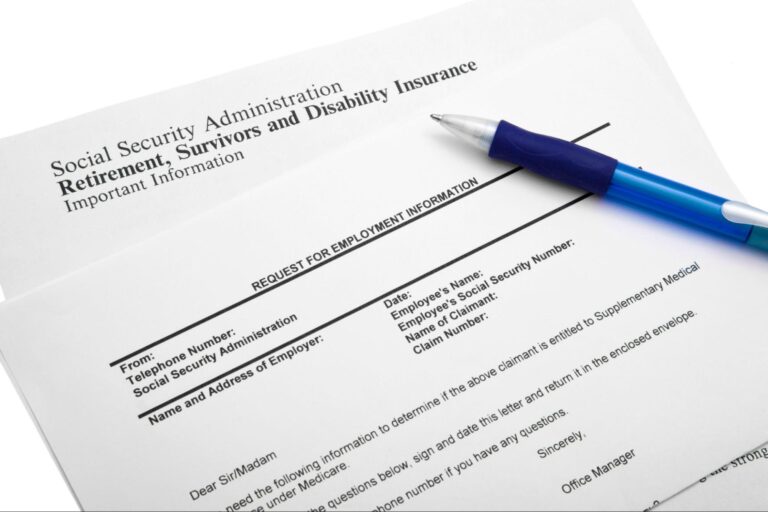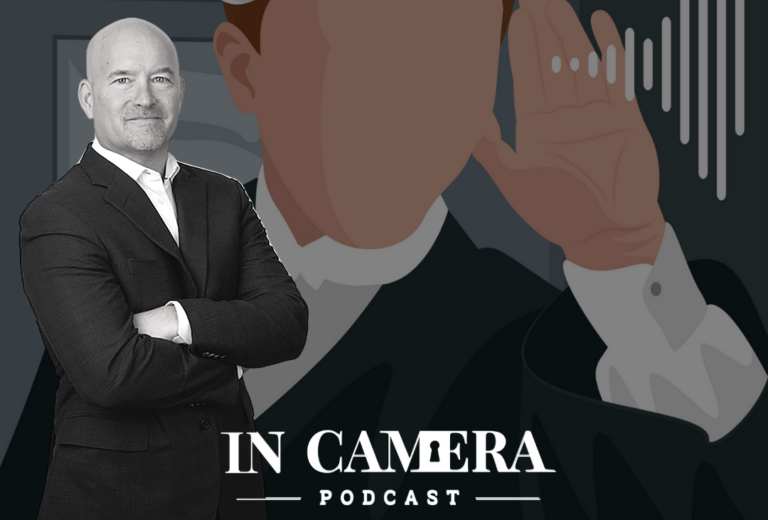Understanding The Impact Of Wrongful Death Claims On Estate Taxes

Losing a loved one due to another’s conduct can affect every aspect of your life. Most importantly, you lose the person’s love, companionship, and guidance. You also have more tangible losses, such as their financial support. You have to find a new way to manage the household services they provide, like childcare or home repairs. Finally, you may incur costs directly related to the death, such as funeral and burial expenses.
Colorado law gives surviving family members the right to file a wrongful death lawsuit against the person or business responsible for causing the death. This gives families a path to recovering compensation after fatal incidents caused by wrongful or negligent conduct.
For an in-depth guide to dealing with the practical and emotional aspects of a sudden loss, turn to the book Unthinkable by Kyle Bachus. In the meantime, here’s an overview of one of the first issues faced by family members after a wrongful death case ends: how to handle the taxes on wrongful death settlement payments.
Contact Our Wrongful Death Attorneys For Assistance Today.
Taxability Of Injury Compensation
The Internal Revenue Service (IRS) and the Colorado Department of Revenue (CDOR) collect taxes from Colorado residents. The two main types of taxes that can affect wrongful death proceeds are income taxes and estate taxes.
Income taxes are collected on a person’s taxable income. Estate taxes are also called “death taxes,” and they are assessed on very large inheritances. The Colorado General Assembly explains the following three options for taxing transfers of assets:
- Gift taxes on transfers made while someone is alive
- Estate taxes on a decedent’s assets before they are distributed
- Inheritance taxes are paid by the person who inherits assets
The IRS collects gift and estate taxes but not inheritance taxes. This means a large estate will pay a tax before transferring the remaining assets to the heirs and designees.
IRS Estate Tax Liability
Wrongful death laws fall into two broad categories. Some states require the decedent’s estate to file the wrongful death claim and then distribute any damages awarded with the rest of the assets.
Other states, including Colorado, give the right to file a wrongful death claim directly to the surviving family members. When they win or settle the case, they receive compensation directly instead of through the estate. In these states, the wrongful death proceeds estate tax for wrongful death is zero because they never become part of the taxable estate.
However, this does not completely resolve the issue. Although the IRS does not impose an estate tax on wrongful death awards, some types of proceeds from wrongful death cases constitute income and are subject to income tax.
The IRS specifically excludes personal injury judgments and settlements from federal income taxation when they are payments for certain losses. The federal government does not tax compensation for the following losses:
- Physical injury or sickness
- Emotional distress resulting from a physical injury
- Medical expenses incurred to treat a mental injury
Thus, wrongful death damages, in which you are compensated for your loved one’s physical and mental injuries, should fall outside the IRS’s reach. However, damages awarded for other losses could be taxable, including the income your loved one would have earned and paid taxes on if the fatal accident had not occurred.
Similarly, any emotional distress arising from nonphysical injuries may be subject to IRS taxation, along with reimbursement for expenses previously deducted from the decedent’s income taxes.
CDOR Estate Tax Liability
While Colorado still has an estate tax on the books, it is no longer collected on any estate. Previously, the state received a portion of any estate taxes calculated under federal tax laws. However, the U.S. tax laws were amended in 2004 to eliminate this so-called state death tax credit, and Colorado never updated its own laws.
If a death occurred before 2004, CDOR required the estate to file a document so that it could calculate the estate tax owed to Colorado. For deaths occurring after 2004, CDOR does not require this document because it collects no estate tax.
Like the IRS, Colorado state law excludes most settlements and judgments from income taxation. If you can show that the money was paid to compensate for the decedent’s physical injuries, emotional distress from the physical injury, or unreimbursed medical costs, it will usually not be included in your income for state tax purposes.
Strategies For Reducing The Tax Impact Of Wrongful Death Claims
One role of a wrongful death attorney is to work with the family to plan for taxes on a wrongful death settlement. Fortunately, lawyers have several strategies for helping families reduce or eliminate the taxes on wrongful death judgments and settlement agreements.
Colorado provides a built-in strategy to reduce the impact of wrongful death claims on taxes. Since the surviving family members and heirs file the claim directly, the estate never touches the money. As a result, no estate tax will be paid under either federal or state tax laws, regardless of the size of the award.
However, this does not exempt an award from income taxes, depending on the type of compensation the award encompasses. Still, you can work with a wrongful death lawyer to pursue a tax-reduction strategy during settlement negotiations. For example, you might ask for compensation that falls outside the scope of IRS and CDOR taxation.
Specifically, amounts awarded for the following losses that result from the deceased person’s physical and mental injuries are usually exempt from taxation:
- Medical expenses
- Cost of lost household services
- Funeral and burial costs
- Pain and suffering
Lost income, however, will usually be subject to taxation since it arises from a financial injury rather than a physical injury. Other portions of the award may also be taxed. This might happen if the decedent had deducted injury-related medical expenses from their income taxes before succumbing to their injuries.
You can speak to your lawyer about strategies that reduce the tax burden of a settlement. You might also consider involving a tax professional before you settle your case to look for nuances that may expose you to higher taxes.
Taxes And Wrongful Death
Trying to translate all of your loved one’s contributions into dollar amounts can be a daunting task. Still, you deserve justice and compensation for your losses.
Taxes loom large over wrongful death claims because the payments are often large. An experienced lawyer could help you manage the tax burden of these payments. By characterizing the losses into nontaxable categories, for example, your lawyer can help reduce the portion of the settlement or judgment subject to taxes by federal and state agencies.





